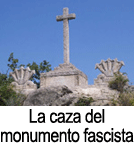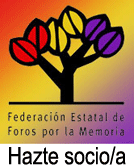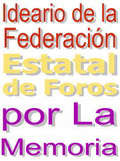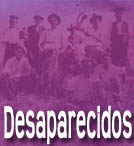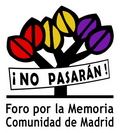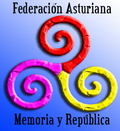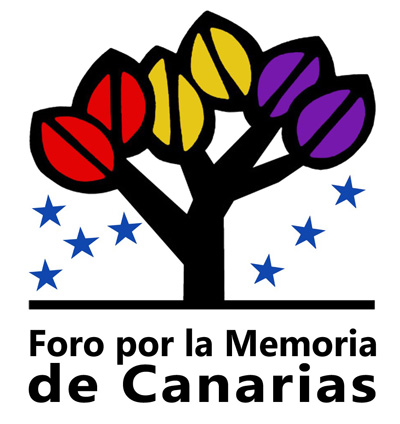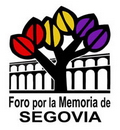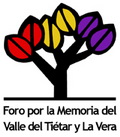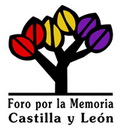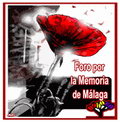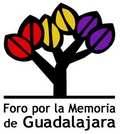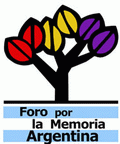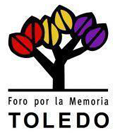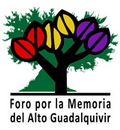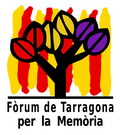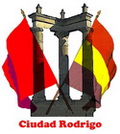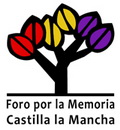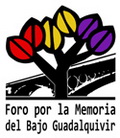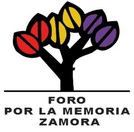José Maria Bravo
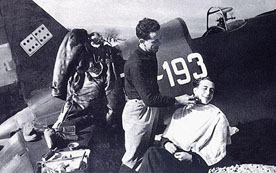 José Maria Bravo was a Republican pilot during the Spanish Civil War and later served in the Soviet air force
José Maria Bravo was a Republican pilot during the Spanish Civil War and later served in the Soviet air force
José Maria Bravo, who died on December 26 aged 92, was a Republican pilot during the Spanish Civil War and later served in the Soviet air force, commanding Joseph Stalin’s fighter escort on the dictator’s journey to meet Winston Churchill and Franklin D Roosevelt at the Tehran Conference in 1943.
Bravo volunteered for the Republican air force in Barcelona in December 1936, five months after a faction of the Spanish army rose up against the government and triggered the civil war.
He trained in the Soviet Union and returned to Spain in June 1937 as a sergeant pilot, in time to take part in the battle of Brunete, a Republican offensive to push back the Nationalists’ encirclement of Madrid.
Bravo initially flew Russian Polikarpov I-15 biplanes but was rapidly equipped with Polikarpov I-16s, monoplane fighters that dominated the Spanish skies until the arrival of the German and Italian air forces. The Republicans nicknamed their aircraft moscas, or flies. Although the Russian aircraft were highly manoeuvrable, Bravo later said that they were insufficiently armed to tackle German bombers.
The two 7.62mm machine guns fired «pellets that were not very efficient against the Junker and Heinkel aircraft that the Germans supplied to [General] Franco».
Bravo was a skilful pilot and was rapidly promoted. In April 1938 he became a squadron leader and four months later, aged 21, was named second-in-command of the 21st Group, the Republic’s best-equipped fighter unit.
Born into a middle-class family in Madrid on April 8 1917, José Maria Bravo received a secular education and was an exchange student in Germany when Adolf Hitler became chancellor in 1933.
At university he was a talented student whose course was interrupted by the Civil War. As a young man he learned to fly gliders in Ocana, south of Madrid.
In February 1939, with the fall of Catalonia to the Nationalists, Bravo fled across the Pyrenees to France, where he spent four months interned in the Argèles-sur-mer and Gurs camps in the south of the country. On his release he moved to the Soviet Union, completing his Engineering degree in Kharkov, in the Ukraine.
When Nazi Germany invaded in the summer of 1941, Bravo joined a group of Spanish Republican guerrillas that harried the advancing Wehrmacht’s supply lines near the Sea of Azov, north of the Black Sea. Bravo later said he resented having to fight on foot: «I had become a pilot so that I wouldn’t have to walk, and there I was marching night after night through knee-deep snow while surrounded by enemies.»
In 1942 he was admitted into the Soviet air force, where he served in a unit that flew Polikarpov I-16s defending vital oilfields in Baku, on the western shore of the Caspian Sea.
In total, Bravo flew 1,700 combat hours in Polikarpov I-16s and emerged from two wars without a scratch. He did, however, come off a runway into a gully in Caspe, eastern Spain, and was involved in a mid-air collision near the Caspian Sea.
All former Spanish Republican pilots were demobilised in 1948 following the defection of one of their number to Turkey in a stolen aircraft. Bravo, however, remained in the Soviet Union and became a professor of Spanish at Moscow State University. He was an expert on Russian poetry and translated many of the classics of Russian literature into Spanish. In 1960 he was allowed to return to Spain by the Franco regime.
In 2007 Bravo published his memoirs, El seis doble (double-six), a reference to the domino piece that was painted on the tail fin of his unit’s planes. Bravo said it represented the 12 aircraft in a squadron and the value of teamwork.
As an octogenarian, Bravo helped raise funds to restore a Polikarpov I-16, and in 2005 was able to fly the machine while accompanied by another pilot. After the transition to democracy the Spanish government formally recognised his rank in the Soviet air force.
Bravo was twice married, and is survived by his second wife, a daughter and a son.








